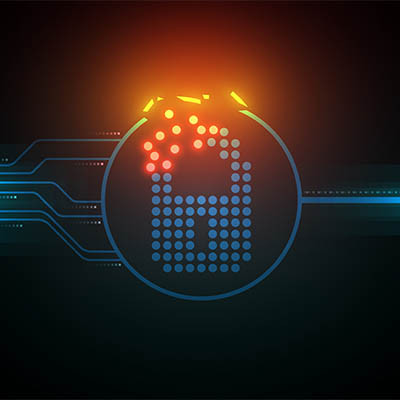- Home
- About Us
- IT Services
- Understanding IT
- Understanding Ransomware
- Understanding Shadow IT
- Understanding Your Virtual Identity
- Understanding the Modern Office
- IT Threat Glossary
- Understanding Business Continuity
- Windows Server 2003: End of Life
- Understanding the Internet of Things
- Understanding Network Security
- Understanding SOX
- Understanding BYOD
- Understanding PCI DSS
- Windows XP End of Life
- Understanding HIPAA
- Cloud Computing
- Windows 2008 Server EOL
- News & Events
- Blog
- Support
- Contact Us
- Home
- About Us
-
IT Services
-
Understanding IT
- Understanding Ransomware
- Understanding Shadow IT
- Understanding Your Virtual Identity
- Understanding the Modern Office
- IT Threat Glossary
- Understanding Business Continuity
- Windows Server 2003: End of Life
- Understanding the Internet of Things
- Understanding Network Security
- Understanding SOX
- Understanding BYOD
- Understanding PCI DSS
- Windows XP End of Life
- Understanding HIPAA
- Cloud Computing
- Windows 2008 Server EOL
- News & Events
- Blog
- Support
- Contact Us
SCW Blog
Cyberattacks are Happening Faster Than Businesses Can Detect and Prevent Them
Cyberattacks are spending less time on their victims’ networks before they are discovered, which sounds like good news, but the reality isn’t so straightforward. Let’s take a few moments and dig into the situation at hand, and what it means for your cybersecurity.
What is “Dwell Time?”
To appreciate these statistics, it is important to understand the concept of dwell time: the length of time that a cyberattack is present on a network before it is detected. According to recent stats from Mandiant, the average median dwell time worldwide is approximately 24 days. This number is the latest in a decade-long decrease in dwell times, down from a median time of 416 days in 2011.
So, from these numbers, we can see that the median dwell time is about a fifth as long as it was a decade ago. Sounds good, right?
After all, this suggests that the investments organizations are making into their security are paying off, and their policies and detection capabilities have improved as a result. So, since cyberattacks are being discovered more quickly, they shouldn’t be able to do as much damage…
...at least, that’s what we’d like to say.
Unfortunately, how cyberattacks are commonly carried out in recent years has changed. Ransomware has risen in popularity to play a role in many more attacks than it once did. Between 2019 and 2020, its presence in cyberattacks rose from 14 percent to 25 percent.
As the malware that takes your data hostage in demand of payment, it makes sense that ransomware would have a naturally shorter dwell time than other forms of attack. Taking ransomware out of the equation, the median dwell time amongst other cyberattacks was 45 days. Ransomware on its own: five. This value is what made the median dwell time the skewed 24 days that we see.
So, these shorter dwell times are directly tied to ransomware intrusions becoming infamous full-scale attacks so quickly.
Ransomware is Also Getting Worse
On top of these attacks, the cybercriminals who use them are also using them more aggressively. Higher ransom demands have become common, as well as something called multifaceted extortion—where an attacker doubles-down on their threat and says they’ll publish the stolen data if they aren’t paid.
Plus, Other Attacks Are Still Common
This isn’t the end of a business’ problems, either, as other means of attack are still being used. Consider exploits, or malicious codes that leverage the bugs or vulnerabilities present in a software’s programming, which have seen a resurgence as an attack vector. Phishing is currently featured in 23 percent of network intrusions, while exploits currently appear in 29 percent. 24 percent of incidents saw the cybercriminal using backdoors, or tools developed by security teams to help them run breach simulations. On top of all this, the notoriously more challenging to address malware titles that have been privately developed were present in 78 percent of attacks.
Is Your Business Ready to Handle All This?
In order to protect your business from this variety of threats, you need to use a variety of solutions.
If this seems like a lot for your company to handle, you’re right. However, you don’t need to take care of it single-handedly. Our team here at SCW can help. To learn more about the protections that we can use to reinforce your IT security, give us a call at (509) 534-1530.
About the author
Sam is a network engineer with a broad range of experience spanning more than 35 years. He wrote is first piece of code in 1979 and has been involved with the industry ever since. For the last 20 years, he has worked for SCW Consulting where he has embraced his passion for network technology and security.
Mobile? Grab this Article!
Tag Cloud


Comments